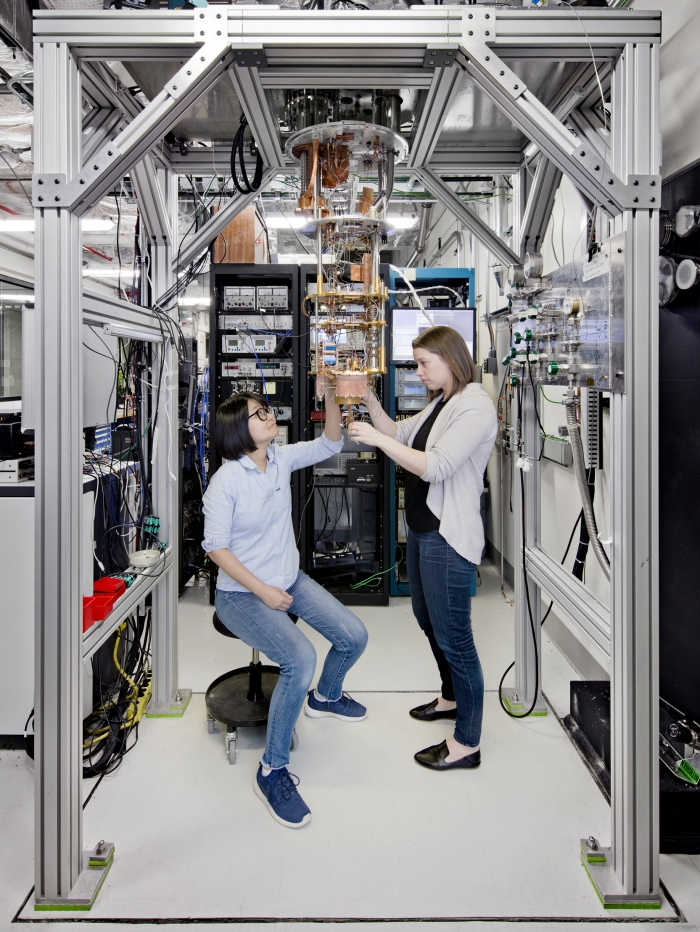IBM on Monday announced a new initiative to build commercially available quantum computing systems. Dubbed IBM Q, the systems and services will be delivered to customers via the company's cloud platform.
Classical computers are extraordinarily powerful and will continue to advance and underpin everything we do in business and society, said Tom Rosamilia, senior vice president of IBM Systems. The executive added, however, that there are many problems that will never be penetrated by a classical computer and to create knowledge from much greater depths of complexity, we will need a quantum computer.

As Quartz highlights, IBM's largest quantum computer today features five quantum bits (qubits). For comparison, a spokesperson told the publication that a regular laptop today can simulate the computational power of a 25-qubit quantum computer. Once you hit 45 qubits, however, you'd need the world's fastest supercomputers to do so. Above 50 qubits, well, you simply can't build a large enough classical computing system to simulate an equivalent quantum computer.
In the next few years, IBM said it aims to construct Q systems with around 50 qubits.
IBM envisions a future where quantum computing can be used in the financial services industry to identify and isolate risk, help discover and understand chemical interactions that could lead to the creation of new medicines and assist in finding the optimal methods to ship packages during the busy holiday season as well as bolster artificial intelligence and cloud security.